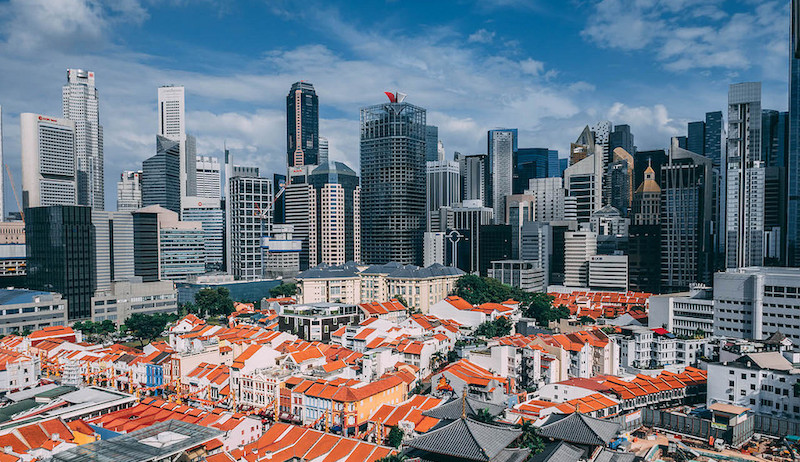Singapore tightened its monetary policy for the first time in six years Friday on expectations of steady growth in 2018, but warned of risks from global trade tensions.
The city-state followed similar moves recently by South Korea and Malaysia to tame inflation as global economies get back on track after the financial crisis.
The Monetary Authority of Singapore (MAS) said it would allow for a slight appreciation in the local dollar, having had a “zero percent” policy previously.
The last time MAS, the city-state’s central bank, tightened monetary policy was in April 2012 after the risks from the eurozone debt crisis eased and US business sentiment improved.
As a small and open economy that imports most of its needs, Singapore uses currency policy rather than interest rates as a tool to tweak the island’s economy. It manages the dollar against an undisclosed basket of currencies of its major trading partners and competitors.
The MAS said it expects the economy to “continue on a steady path” this year but flagged increasing trade tensions as a downside risk for the export-driven economy.
“An escalation of the US-China dispute remains possible, and if it occurs, will have significant consequences for global trade,” it said in a statement, referring to threats of tit-for-tat tariffs by the world’s top two economies.
“Barring a setback in global trade, growth in the Singapore economy should continue at a broadly steady pace in the quarters ahead.”
In a separate statement, the trade ministry said that based on advance estimates the economy grew 4.3 percent on-year in the first three months of 2018, up from 3.6 percent in October-December.
The MAS said growth this year should come in slightly above the middle of the 1.5-3.5 percent forecast range. The economy expanded 3.6 percent last year.
“The measured adjustment to the policy stance takes into account the uncertainty in macroeconomic outcomes presented by ongoing trade tensions,” United Overseas Bank said in a note.
“The economy is certainly on a firmer footing now and inflation has started to edge up, albeit from a low base,” research firm Capital Economics said.
The Straits Times Index was up 1.04 percent in late trade Friday.





Reader Interactions